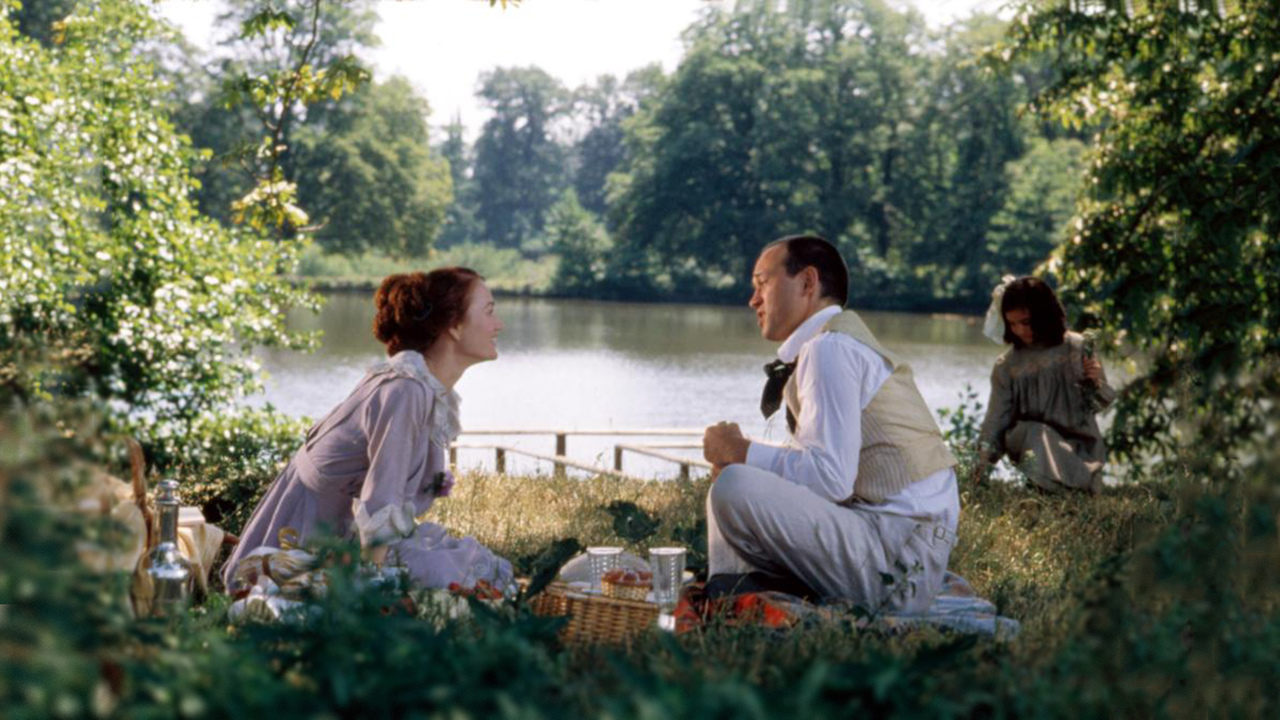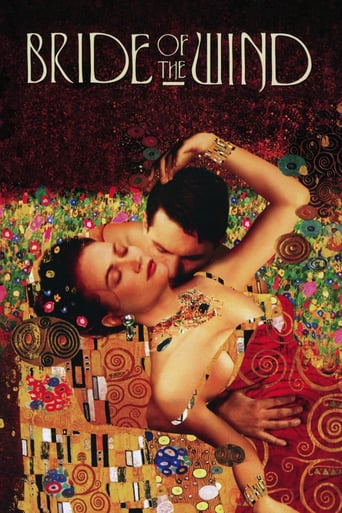

Truly Dreadful Film
... View Morejust watch it!
... View MoreA Disappointing Continuation
... View MoreVery interesting film. Was caught on the premise when seeing the trailer but unsure as to what the outcome would be for the showing. As it turns out, it was a very good film.
... View MoreI believe that this film has had very few cinema releases due to the rotten critiques it received.I saw it at a special screening in Canberra hosted by the director (with witty description of the trials and tribulations involved in its production and non-release). I saw it as an 'OK' biopic and certainly better than so much of the characterless violent drivel served up these days (this of course dates me). I think it deserved more exposure than it got - a worthy entry in the great director's portfolio ..... Remember, the critics usually get it wrong .... and they do not pay to see the films.Vienna is beautiful, Mahler's wife, Alma is a forgotten feminist hero whose story deserves telling.
... View MoreI rented this movie because not too long ago I visited Vienna, and am very interested it its time as a cultural heavyweight in the decades leading up to World War I. I loved seeing street scenes and buildings that I recognized, and I knew enough about the artists portrayed to keep my interest up. But as other reviewers here have said, there was something missing from the screenplay. The story was too matter of fact. It was just like a simple diary. After reading other reviews here, the movie "Reds" [Diane Keaton, Warren Beatty] came to mind. They are similar films, but Reds has infinitely better writing, and is therefore far more compelling. Perhaps this film should have been made as a documentary.
... View MoreThe film seems to have been a history re-enactment on the life of Alma Schindler. It did not get into the details of the what, why and how of the relationships and inspirations. It basically just showed the events in her life. Maybe Sarah Wynter was not the right person for the role because she did not reveal in her role why all these men would fall for her and create greatness in her presence. Or maybe the dialog was too simplistic and things just jumped from courting to ending of the relationship without anybody knowing why it happened. Or the directing just didn't create that passion between any of the two characters for us to think that they would get together. I guess we'll never know.
... View MoreAuthor Susanne Keegan devoted ten years of research in writing the biography of Alma Mahler called The Bride of the Wind. The biopic film of the same name, directed by Bruce Beresford and written by Marilyn Levy, never even comes close to capturing the real grandeur, brilliance and ambiguity of this femme fatale and gifted musician.Alma Schindler's life is highlighted during Vienna's golden age of artistic and musical achievement at the turn of the century. The first half of the film focuses primarily on her marriage to classical composer Gustav Mahler and her role as mother to daughters Maria and Anna. The film then moves on to the widowed Alma living in the shadow of Mahler as she develops relationships with architect Walter Gropius, expressionist painter Oskar Kokoschka and poet and novelist Franz Werfel. Attempting to be a sweeping historical and romantic drama, Bride of the Wind is thwarted ultimately by Ms. Levy's very superficial script. Her words fail to breathe any life into people and events. Most of the dialogue leans toward the absurd when you know that these artists were intellectuals with an abundance of creative talent.As for the director, Bruce Beresford has done some fine work in previous films such as Tender Mercies and Driving Miss Daisy. Unfortunately, he manages to direct this entire film without any inspiration or passion, which the story cries out for.The casting of Australian actress Sarah Wynter is a major flaw. Ms. Wynter fails to bring any spontaneity, sexuality or mystique to her character resulting in dreams of a Kate Winslet or Rachel Weisz giving us a much more vibrant Alma Mahler. As usual, Welch actor Jonathan Pryce gives a rich performance as Alma's self-absorbed husband, Gustav Mahler, with a striking resemblance to the real Gustav. A round of applause goes to Swiss actor Vincent Perez for evoking any emotional response to the film. Whether he's hot-tempered, passionate, pathetic or even tragic, he's absolutely captivating on screen.There is, however, a sumptuous flavor to the film in its lush set designs, finely detailed drawing rooms, painting studios and the most gorgeous costumes. The soundtrack is spectacular with a seamless blend of music composed by both Gustav and Alma, as well as some original pieces by Stephen Endelman. Alas, so much potential but little radiance.
... View More